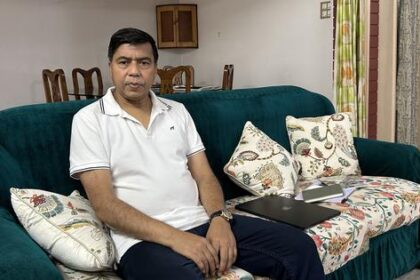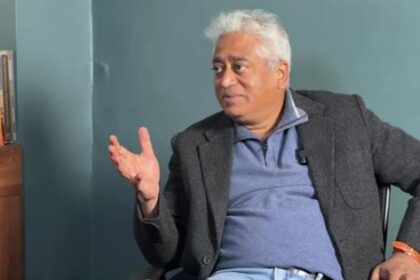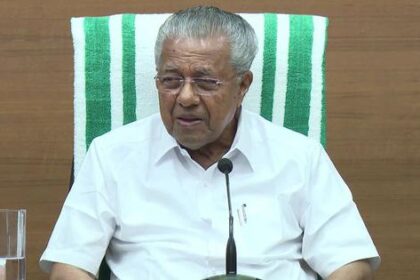The Conscience Network explores the resilience of diaspora activists during India’s Emergency period.
Sugata Srinivasaraju’s book, The Conscience Network: A Chronicle of Resistance to a Dictatorship, delves into the activism of Indians for Democracy, a group that mounted significant resistance against Indira Gandhi’s autocratic governance during the Emergency period. This era witnessed the disappearance of over 110,000 individuals, including students, activists, and ordinary citizens, who were detained without trial. Central to this crisis was Indira Gandhi, the Prime Minister at the time, whose actions led to widespread oppression.
Despite the oppressive climate, resistance emerged in various forms throughout India. Underground newspapers circulated, and universities became hubs of dissent as students, professors, and workers united against the state’s repressive measures. Interestingly, some of the most potent opposition arose not from within India but from American suburbs, as the Indians for Democracy (IFD) network took shape. This group evolved from a loose assembly of concerned expatriates into a sophisticated transnational activist force.
The IFD played a crucial role in raising awareness about the atrocities occurring in India during the Emergency. When censorship obscured the truth, the IFD acted as a critical voice and source of information. They mobilized support across the United States and beyond, garnering attention from notable figures such as Noam Chomsky and Allen Ginsberg, who publicly condemned the situation in India. The IFD comprised a diverse coalition of individuals from various professional and cultural backgrounds, united by their commitment to democracy and social justice.
The narrative introduces key figures in this movement, including Anand Kumar, a sociology PhD student and JP movement volunteer; Ravi Chopra, a metallurgist from IIT Bombay focused on social issues; and SR Hiremath, who shifted from a successful engineering career to champion sustainable development. Their stories reflect the varied paths these activists took, shaped by their unique experiences and convictions.
However, their activism was not without consequences. Many faced repercussions such as impounded passports, cancelled scholarships, and defamation, highlighting the personal costs of their resistance. Srinivasaraju raises the poignant question of why these individuals chose to engage in such activism when they had the option to remain detached and comfortable in their new lives abroad. His exploration reveals that for these activists, apathy was not an option; they felt a deep-seated obligation to act against injustice.
This fight for democracy also served as a transformative experience for many, as the Emergency became a lesson in the importance of continuous resistance to safeguard democratic values. Srinivasaraju articulates that the crisis compelled these diaspora activists, as well as those in India, to understand the necessity of a vigilant and engaged citizenry in maintaining the principles of a republic.
Throughout the book, Srinivasaraju employs a narrative style that allows for a thorough exploration of his subjects’ lives and motivations. He raises critical questions about the gender dynamics in political leadership, particularly in relation to Indira Gandhi, and reflects on broader themes of memory and identity. His approach intertwines personal stories with historical analysis, revealing the complexities of resistance against an authoritarian regime.
In examining the struggles of the IFD, The Conscience Network captures the enduring spirit of those who defied oppression, emphasizing that the pursuit of justice and democracy often requires immense sacrifice and unwavering commitment.








